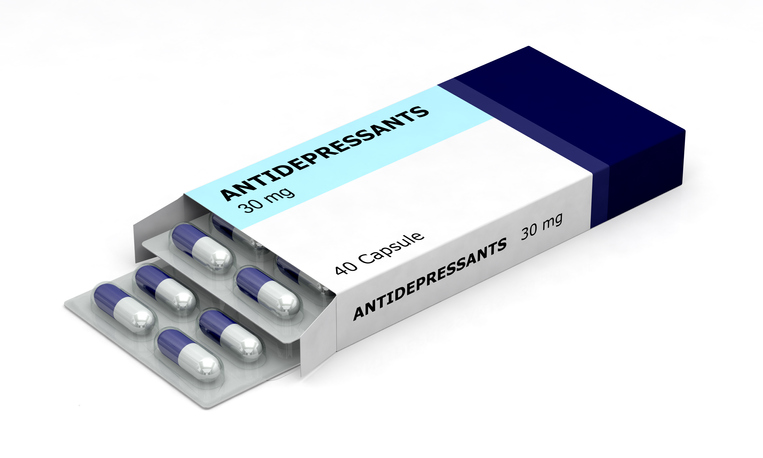Treatments
How Psychological Therapy Helps with Chronic Pain

Chronic pain involves biological, psychological and emotional components. In order to treat pain effectively, both mental health and physical health must be addressed. Psychological therapy can provide relief for the emotional and psychological aspects of pain to improve overall quality of life. This is done by processing emotions, learning new coping skills, and dealing with stressful events.
Chronic pain and mental health
The relationship between chronic pain and mental health is complex. Chronic pain can negatively affect mental health, and mental health challenges can increase chronic pain levels. It is often a vicious cycle. Therefore, prioritizing mental health is important for those living with chronic pain. Chronic pain can contribute to depression, anxiety, insomnia, hopelessness and anger. Not only can psychological therapy help with these concerns, but experts have also discovered that individuals who do not address negative emotions frequently experience increased pain.
How psychological therapy helps with chronic pain
Psychological therapy, particularly when focused on negative emotions surrounding chronic pain, may help reduce pain perception. Studies have shown that psychological therapy for certain types of chronic pain is as effective as surgery because it changes the way the brain processes pain sensations. The goal is to identify negative thinking and behaviors surrounding pain. Once those patterns are identified, the therapist or counselor can work with individuals to establish improved thoughts and responses to pain.
Types of psychological therapy
Psychological therapy provides help in gaining skills to cope with certain problems. Types of psychological therapy include, but are not limited to, the following:
- Mindfulness is a type of meditation that involves using certain skills (e.g., guided imagery, meditation, journaling, breathing exercises, etc.) to focus on the present and observe inner thoughts and feelings without judgment. It involves gently retraining the mind to become aware of present experiences while acknowledging moods and accepting feelings.
- Relaxation techniques include abdominal breathing, progressive muscle relaxation, visualization, distraction, and mindfulness. Combining these techniques can have a greater impact on pain management. Once stress or tension has taken over the body, chronic pain is triggered and in many cases heightened.
- Stress management is the practice of limiting stress and reducing its effects on the mind and body. The goal of stress management is not to eliminate stress entirely. However, reducing negative stress, or distress, and developing techniques to cope with unavoidable stressors is beneficial in pain management and mental health.
- Pain coping skills training helps individuals to adapt their life so that pain does not control it. This ensures that individuals can make and keep plans, enjoy time with family and friends, and have fun again.
- Cognitive behavioral therapy, or CBT, is a common type of psychotherapy; it is a combination of cognitive therapy, which focuses on moods and thoughts, and behavioral therapy, which focuses on actions and behaviors. It involves learning how to identify and change inaccurate or negative thoughts and behavioral patterns in order to respond to stressful situations in a more effective way.
Psychological therapy can be beneficial alongside medications and other treatment strategies for individuals with chronic pain. Many experts encourage multidisciplinary care in order to achieve optimal treatment outcomes.



















